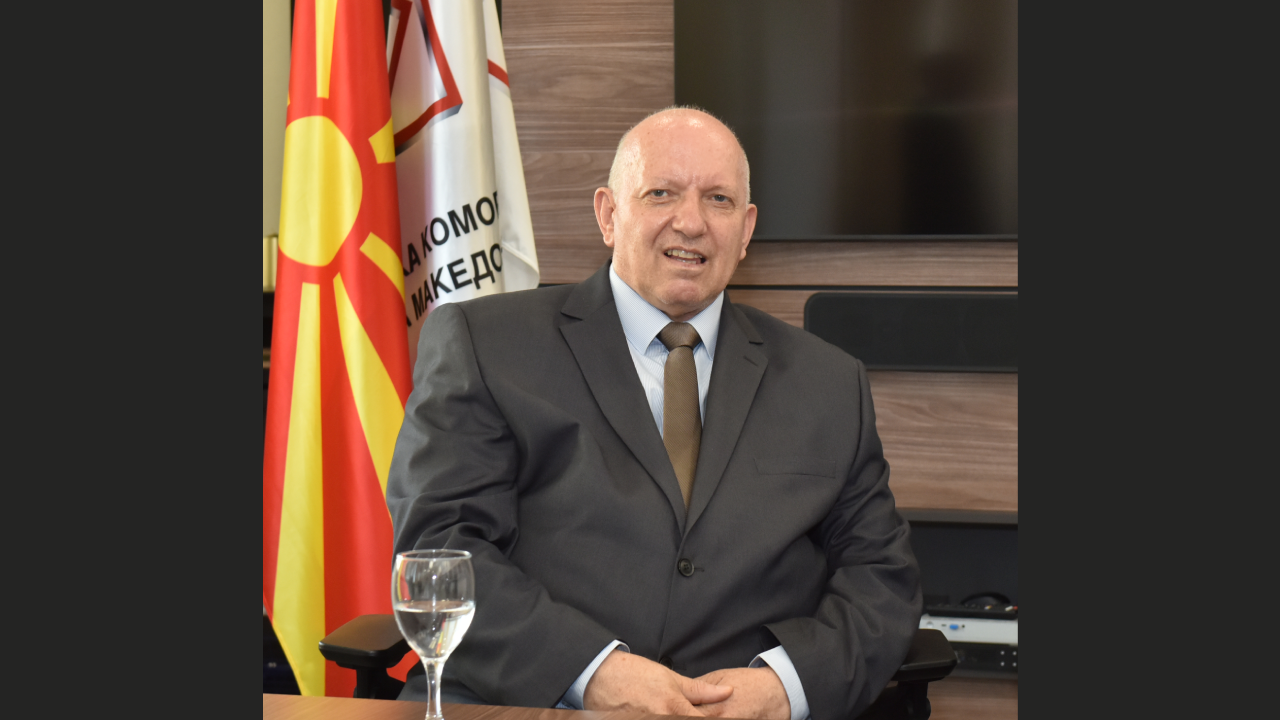„Dimitrie Cupovski“ 13, 1000 Skopje +38923244000 ic@mchamber.mk
„Dimitrie Cupovski“ 13, 1000 Skopje +38923244000 ic@mchamber.mk
11/08/2025
|
The summer of 2025 seems to be reaching its peak. I’m sitting with my wife on a beautiful terrace in Durrës, and we are both delighted by the fact that, slowly but surely, Albania is becoming a major player in Balkan tourism. Nothing is lacking here—not even skilled labor, which is a problem everywhere else.
.jpg)
Back home, it’s the usual story: one election cycle is over (the one in the Chamber), and another is on the horizon—this time in the country. Within the Chamber, we’ve made the best choices yet: wisdom and experience in the Assembly, youth and decentralization in the Management Board, and professionalism in all other posts. Simply put, we have chosen the best resources we have. Education tailored to business needs, along with exports and regional cooperation, have been set as top priorities, without neglecting other goals that shape the business environment. This human capital is enough to support the government’s current investment platform—worth ten billion euros—on which the public sector has gone “all in.”
.jpg)
The vice-presidential positions have been distributed among our top talent, each covering key sectors of the Macedonian economy: exports—Aleksandar Gechev; foreign investors—Viktor Mizo, Sashko Samardjioski, and Anatol Kutrevski, who will also take on regional roles; education—Prof. Dr. Marjan Bojadjiev; regional cooperation—Irena Jakimovska; Gligor Cvetanov will lead the Business Club Europe, which will include all EU ambassadors in Macedonia alongside around 15 of our top businesspeople; and Zoran Milkovski of Granit will oversee infrastructure. The central governing body also includes, among others: Radoš Vukićević of Alkaloid, Mihajlo Borozanov of Makpetrol, Marija Dukovska-Pavlovska of Makstil, Kastriot Arifi of Tikveš, Zoran Ilievski of Aktiva, Snezhana Savikj-Dimovska of Skopska Pivara, Ivan Boshkovski of Fersped, as well as two distinguished professors from the younger generation—Darko Lazarov and Nikica Mojsoska-Blazhevski.
But there are also new initiatives. At the end of September, one afternoon during the European Cardiologists’ Congress in Skopje will be reserved for a gathering between these cardiology experts and Macedonian businesspeople, focused on heart conditions—which account for the largest share of cardiovascular diseases in the business community.
.jpg)
Naturally, we will open the autumn session with the major Construction Conference—covering an industry that must see progress in the near future if we want any form of economic growth. Unexpectedly, the topic of the defense industry has also come into focus, as it currently dominates the European agenda. Article 218 of the Law on Enforcement, holding companies, issues related to capital ownership, rapid construction of gas infrastructure, and the fight against corruption and the grey economy will also be major themes in our work.